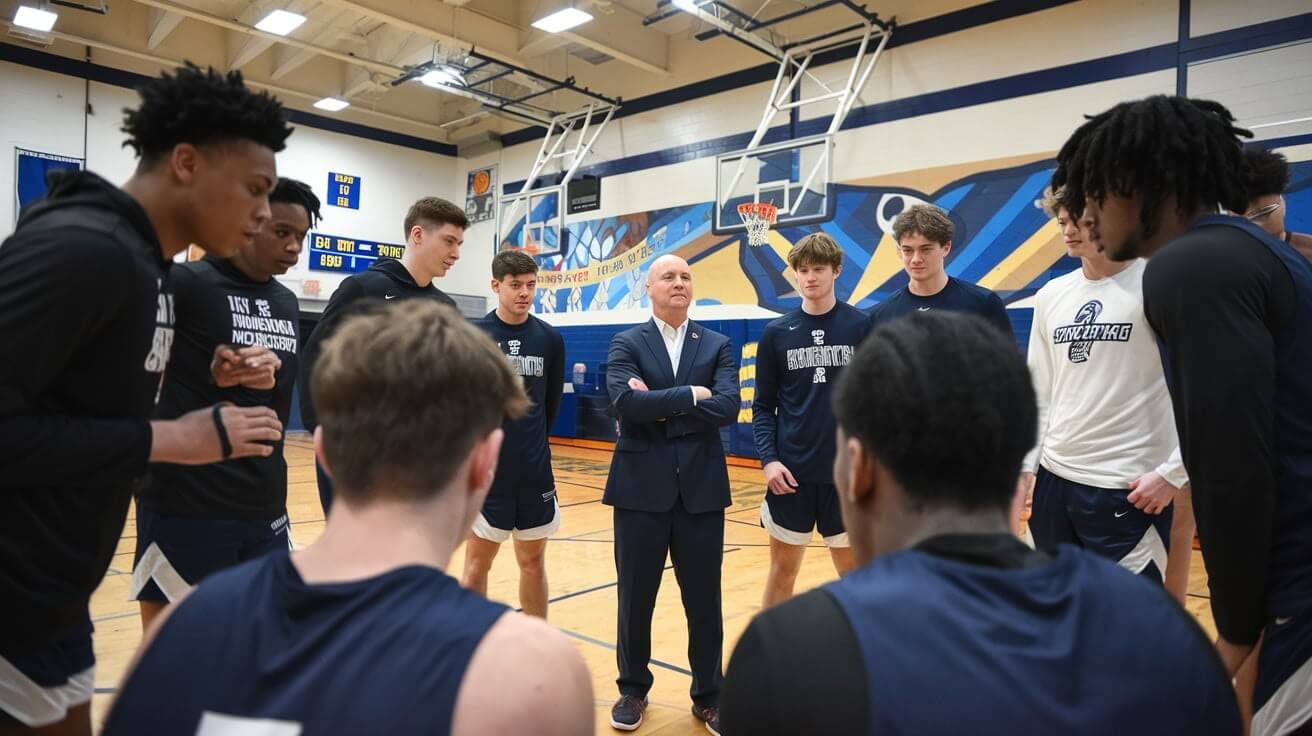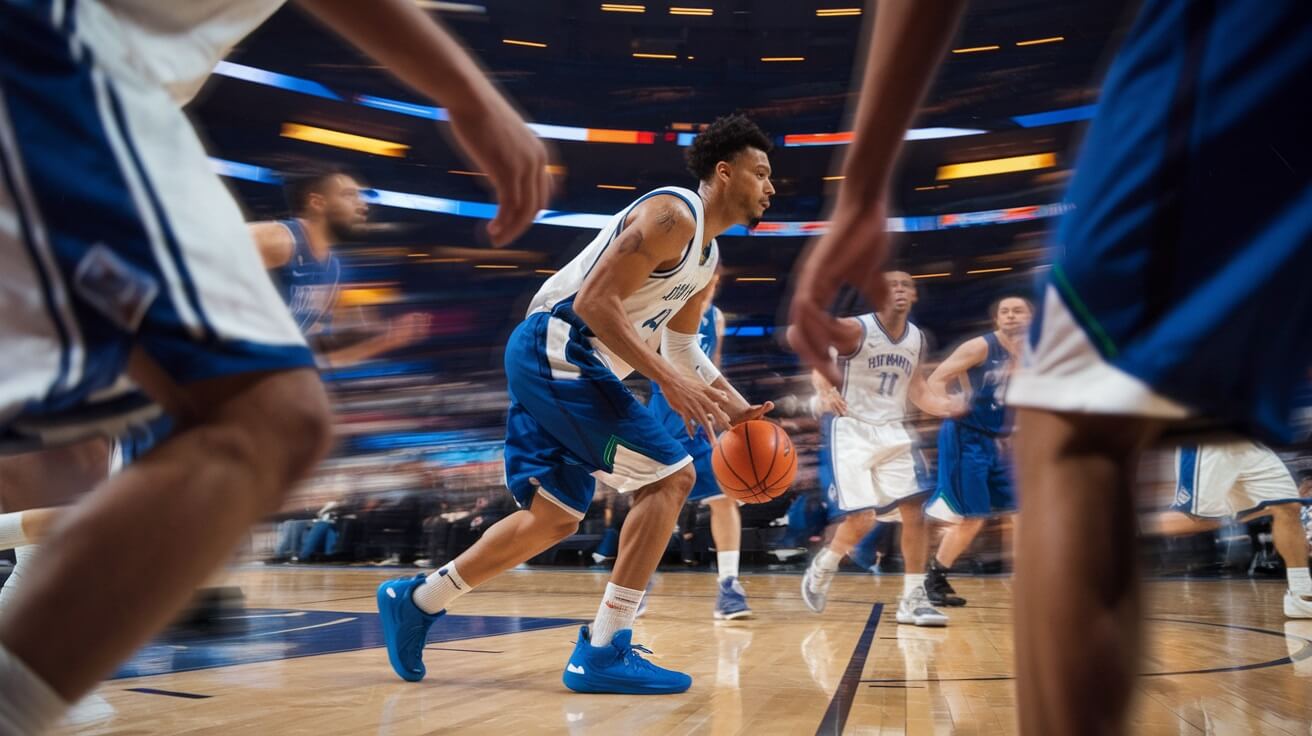
How Sports Coaches Shape Lives: Lessons Beyond the Game
Sports coaches often wear many hats—strategist, mentor, and motivator. While their primary goal may be winning games, their influence extends beyond the field. They shape character, build resilience, and instill life lessons that athletes carry into their personal and professional lives. In this article, we'll explore how sports coaches play a pivotal role in teaching values like discipline, teamwork, emotional intelligence, and leadership.
This article is designed to offer comprehensive insights, whether you're a parent, athlete, or simply interested in understanding sports' broader impact.
Why Sports Coaches Are Life Mentors

Imagine a young athlete struggling with self-doubt after losing a crucial match. A coach steps in—not with criticism but with encouragement and practical advice on how to improve. This isn't just about sports; it's about teaching resilience, a lesson the athlete can apply throughout life.
Sports coaches are often the first mentors young people encounter outside their families. They teach through action, modeling behaviors like perseverance, respect, and teamwork. These lessons extend far beyond the game, shaping athletes into well-rounded individuals.
How Sports Coaches Build Character
Fostering Discipline and Accountability
Discipline is the backbone of any sport. Coaches teach athletes to show up on time, follow rules, and stay consistent in their efforts. This sense of responsibility isn't confined to the playing field—it shapes how athletes approach their education, work, and personal lives.
For example, a soccer coach emphasizing punctuality for practice instills the importance of respecting others' time. Athletes learn that accountability is not just about meeting expectations but also about taking ownership of their actions.
Teaching Emotional Intelligence
High-pressure games are a breeding ground for emotions—excitement, frustration, and sometimes disappointment. Coaches guide athletes in managing these emotions effectively, teaching them to stay composed and empathetic. Emotional intelligence learned in sports helps athletes handle stress, connect with teammates, and adapt to challenges in life.
Research Insight:
Teams led by emotionally intelligent coaches often show higher performance levels and better team cohesion.
Inspiring Leadership and Teamwork
Great coaches don't just build teams; they create leaders. Coaches foster leadership and collaboration by assigning roles like team captain or encouraging players to take the initiative.
Real-Life Example:
Michael Jordan often credited his coach, Phil Jackson, for teaching him how to lead on and off the court. These lessons in teamwork and leadership remain with athletes long after they leave the field.
Core Life Lessons Taught by Coaches
Resilience: Learning to Bounce Back
Failure is inevitable in sports, but how athletes respond to it defines their growth. Coaches teach resilience by helping athletes see losses as opportunities to learn and improve.
Example:
A tennis player who loses a match is encouraged to analyze their mistakes and practice harder for the next game. This lesson prepares them to face setbacks in life with a growth mindset.
Effective Communication and Conflict Resolution
Conflicts are an inevitable part of working within any team. Coaches act as mediators, teaching athletes to communicate effectively and resolve disagreements constructively.
Practical Example:
A coach addressing tension between teammates ensures the focus remains on mutual goals rather than personal grievances.
Time Management and Prioritization
Balancing academics, personal life, and sports can be challenging for young athletes. Coaches guide them in setting priorities and managing their time efficiently.
Example:
A basketball coach encouraging athletes to finish homework before practice helps instill a lifelong habit of prioritizing responsibilities.
Real-Life Stories of Coaching Impact
Famous Athletes and Their Coaches
Many renowned athletes credit their success to their coaches. For instance:
-
Michael Jordan & Phil Jackson: Leadership and teamwork lessons.
-
Serena Williams & Richard Williams: A strong work ethic and resilience.
These relationships highlight how coaches influence athletic performance and personal development.
Personal Transformations Through Coaching
Even at amateur levels, a coach's impact can be life-changing. Take the story of a high school soccer player who went from being shy and reserved to a confident team leader under the guidance of a supportive coach.
Psychological and Social Benefits of Coaching
Building Confidence and Mental Toughness
Confidence comes from knowing your strengths and working on your weaknesses. Coaches nurture this balance, helping athletes build self-esteem and mental toughness.
Statistic:
Nearly 70% of athletes report increased confidence after participating in structured sports programs.
Fostering Empathy and Social Awareness
Team sports require players to understand and support one another. Coaches emphasize the importance of empathy, teaching athletes to put themselves in their teammates' shoes.
Example:
A basketball coach organizing team-building exercises teaches players to value and trust their peers.
Applying Coaching Lessons in Everyday Life
Leadership in Careers
The leadership skills learned in sports often translate into workplace success. Athletes are adept at managing teams, making decisions under pressure, and inspiring others.
Example:
A former soccer player excels as a project manager by applying lessons from their coaching days.
Managing Stress and Adapting to Change
Athletes are used to high-stress situations and sudden changes in strategy. Coaches prepare them to handle these scenarios, a skill that proves invaluable in unpredictable environments like the workplace.
Challenges Coaches Face
1. Balancing Winning with Character Development
The pressure to win sometimes overshadows the focus on teaching life lessons. Coaches must navigate this balance, ensuring athletes develop both skill and character.
2. Overcoming Resistance from Athletes and Parents
Some athletes or parents may resist a coach's methods, making it difficult to instill life lessons. Building trust and communication is key to overcoming these challenges.
Conclusion:
Sports coaches are more than trainers; they are life mentors who shape character and instill values that last a lifetime. From resilience to leadership, the lessons they teach extend far beyond the field.
Call to Action:
Let's recognize the importance of holistic coaching. Parents, schools, and sports organizations should prioritize programs that focus on character development alongside athletic performance.
By valuing and supporting these life lessons, we can ensure that sports coaches' impact continues to benefit generations of athletes.
FAQ:
How do sports coaches teach life lessons?
Sports coaches teach life lessons through discipline, teamwork, resilience, and leadership. By setting clear expectations, offering constructive feedback, and fostering an environment of mutual respect, they help athletes develop skills beyond sports. For instance, a coach who emphasizes punctuality and practice teaches accountability, which is essential to everyday life.
What are the most important life skills learned through sports?
The most important life skills learned through sports include:
-
Resilience: Learning to bounce back from failures.
-
Teamwork: Collaborating to achieve shared goals.
-
Leadership: Inspiring and guiding others.
-
Emotional intelligence: Managing stress and understanding others' perspectives.
-
Time management: Balancing multiple responsibilities effectively.
These abilities are crucial for thriving in both personal and professional life.
Can coaches influence personal growth outside of sports?
Absolutely. Coaches act as mentors, helping athletes build confidence, develop emotional intelligence, and practice empathy. Many athletes credit their personal growth and career success to lessons learned from their coaches. For example, a coach's emphasis on perseverance can help athletes tackle challenges in work or school.
Why is emotional intelligence important for coaches?
Emotional intelligence allows coaches to connect with athletes on a deeper level. It helps them manage team dynamics, offer support during stressful situations, and foster an environment of trust and respect. Athletes coached by emotionally intelligent mentors often perform better and develop more vital interpersonal skills.
How do teamwork skills learned in sports apply to real life?
Teamwork skills learned in sports translate to real life in several ways:
-
Workplace Collaboration: Working with colleagues to achieve common goals.
-
Problem-Solving: Brainstorming solutions collectively.
-
Leadership Opportunities: Taking charge and motivating a team.
For instance, someone who played on a sports team may excel in group projects or leadership roles at work because they understand how to balance individual contributions with team success.
Sports

